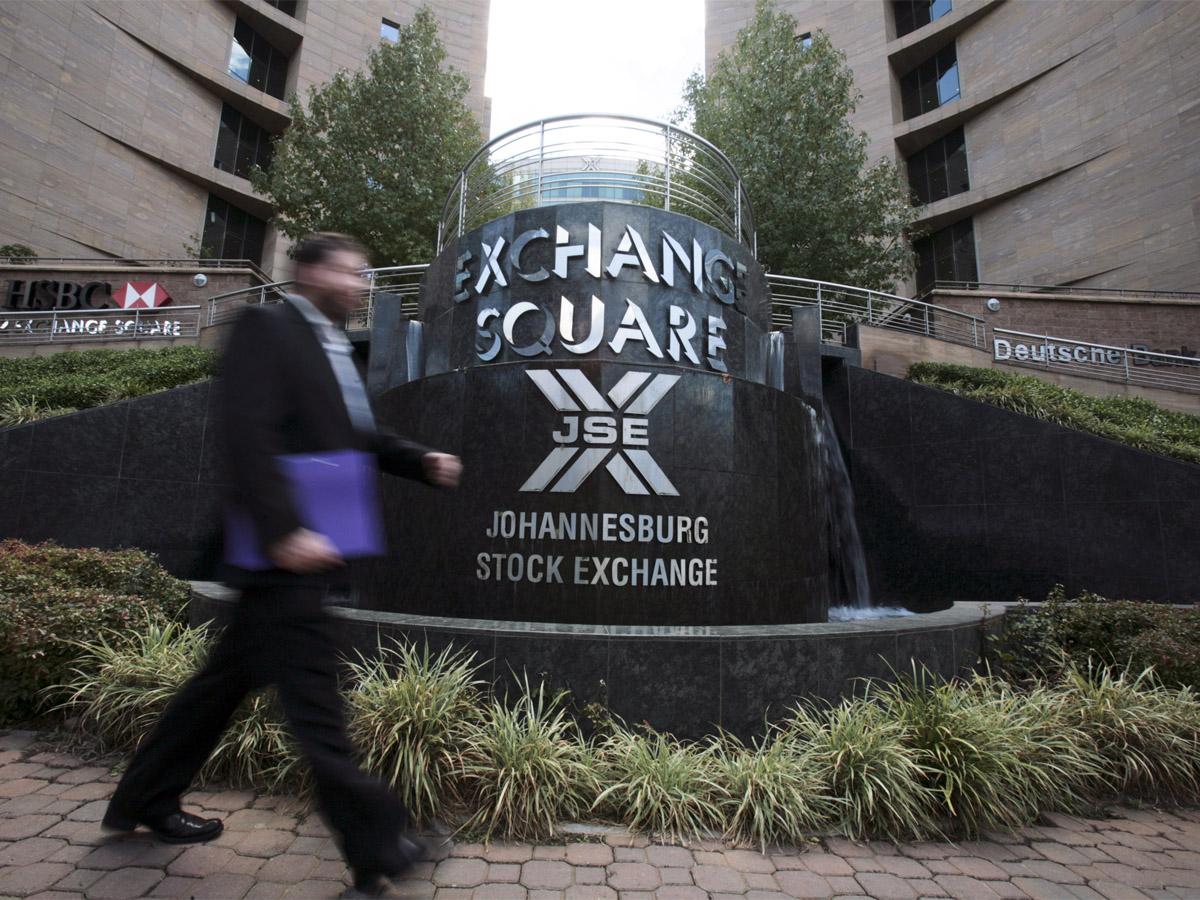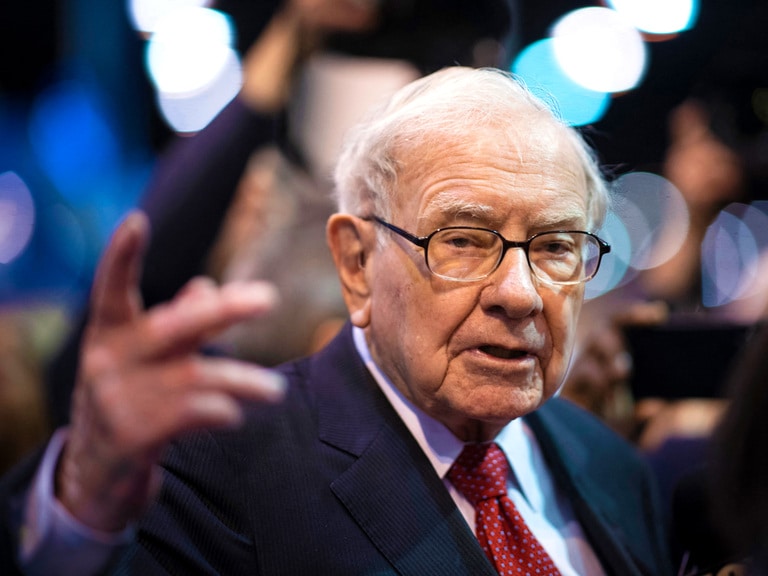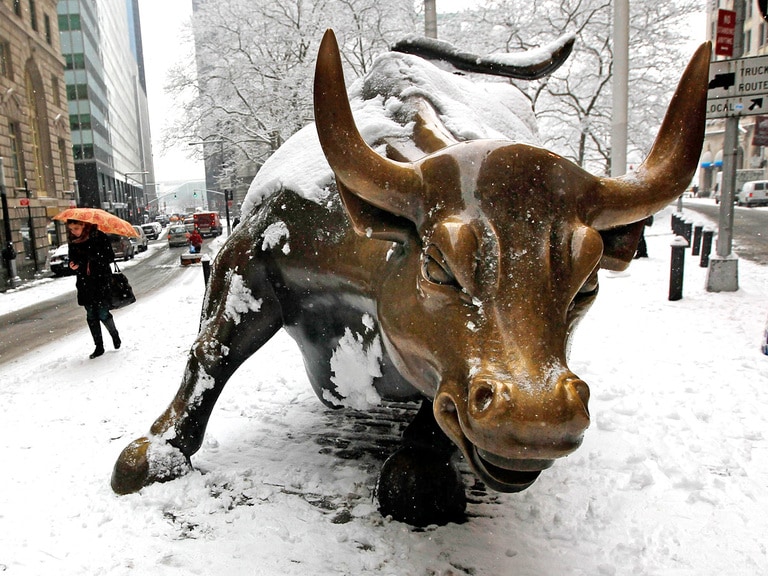Twenty years ago, The Economist ran a cover story about Africa with the headline “The hopeless continent”. Its leader article mentioned “failure”, “despair” and “shambles”, referencing the continent’s civil wars, famine, genocide and corruption. It concluded: “the few candles of hope are flickering weakly”.
Two decades later, and it’s a rather different picture. Africa now boasts six of the world’s top 10 fastest growing economies; it has developed a young, well-educated workforce; by 2030, according to the World Economic Forum, over 40% of the continent’s population will belong to the middle or upper classes; and the continent’s household consumption will almost double in the next 10 years to $2.5tn.
However, those new to investing in the stocks and markets across the continent may be daunted. Africa is, after all, a collection of contrasting economies – some successful, others emerging or undeveloped. It is also a continent with myriad troubling historical factors – war, famine, political corruption – which continue to give it an unpredictable outlook.
$2.5trillion
The continent's estimated household consumption in 10 years' time
Tracking Africa’s ETFs
Investors hoping to insulate themselves from the ups and downs of individual countries may look to the VanEck Vectors Africa Index ETF, which tracks 114 of the continent’s largest and most liquid stocks. Its country allocation is split between Egypt (21.4%), South Africa (20.7%), Nigeria (15%), the UK (12.6%) and Morocco (6.6%). It hit a 2019 high of $22.55 in April, but evened out to end the year at $20.29. The index is up 9.9% from the beginning of 2019, however, it is currently down 4.3% since the start of the year.
Nigeria, now the largest economy in Africa, and Kenya have recently overtaken traditional frontrunner South Africa in attracting private equity investment, but the continent’s most popular ETFs are mainly exposed to South Africa. While the iShares MSCI South Africa Index ETF [EZA] has fallen 17.5% in the past twelve months to $46.07 (as of 29 January), the country does contribute to some of the most successful ETFs.
The top five best returners since 2014 have all tracked South African metals. The 1nvest Rhodium ETF returned an astonishing 140.9% last year and has quadrupled investors’ money since 2017, while Standard Bank Palladium Linker ETF earned 59.34% in 2019. However, the coming year’s prospects may be less shiny for this platinum group metal – trade tensions are slowing down global car manufacturing, which uses 80% of the world’s rhodium, and is dependent on palladium for catalytic converters, making its price likely to fall.
The continent’s most consistent – or at least, least unstable – prospect appears to be the Johannesburg Stock Exchange. Although the FTSE/JSE All Share Index’s 8.2% gain in 2019 was way short of the 15% rise on the MSCI Emerging Markets Index. Stagnant private investment, weak exports and declining productivity mean South Africa’s economy is forecast to grow just 0.8% this year – a situation exacerbated by a continuing ballooning of public sector wages and frustration at the delay of promised economic reforms by president Cyril Ramaphosa. Weak consumer and business confidence helped spur a record $8.7bn sales by foreigners of JSE-traded equities.
8.2%
The FTSE/JSE All Share Index’s gain in 2019
Resource rich
Africa is a region that is rich in resources. It boasts 10% of the world’s untapped natural reserves of natural gas and oil, sits on vast reserves of gold, platinum, uranium, iron ore, copper and diamonds and has 60% of the planet’s cultivable land, with only 10% of such land currently being used. It’s no surprise, then, that this troubled continent is now a major magnet for investors.
But opinion is divided on how handsomely Africa will reward them. Global news site The Africa Report, for instance, talks of “new sources of investment spelling an upbound moment for Africa”, pointing to deals data from Asoko Insight, which shows an upward trend in inbound investment. “Private sector players looking to scale beyond their borders… represents a widening opportunity for growth,” the publication added. In contrast, The World Bank outlook is somewhat gloomier, citing trade tensions, falling commodity prices, drought and increasing costs of public borrowing as “weighing on activity across the region”.
Country snapshots
Nine of Africa’s states do not have a stock exchange, including the continent’s fastest growing economy, Ethiopia. The east African country has averaged a 10.3% annual growth in the 10 years to June 2016 and is forecast to continue at 8.2% into 2021. Its growth rate – the second fastest in the world behind Guyana – is powered by a swathe of investments in infrastructure, most notably the mile-long Grand Renaissance Dam and the ongoing construction of the first metro rail system in sub-Saharan Africa.
Ethiopia, like other fast-growing African economies, has been boosted by investment from China, whose global development strategy The Belt and Road Initiative is funding infrastructure programmes across the world, in order to tap into resources and build export markets. But many analysts claim this huge financial input generates as many questions as answers.
8.2%
Ethiopia's estimated annual growth rate to 2021/NUMBERDIV]
In Ghana, where GDP is currently growing at 8.8%, the Chinese government is financing $2bn of new road and rail networks in exchange for 5% of the country’s bauxite, the source of aluminium. Supporters have hailed finance minister Ken Ofori-Atta’s resultant pledge to boost spending by 21% – but critics fear that Ghana, and other countries involved in the Belt and Road Initiative, are being saddled with unsustainable debt.
Cautious confidence
On the one hand, Africa is going places – its other fast-growing economies include Rwanda (8.6%), Ivory Coast (7.4%), Djibouti (5.5%) and Senegal (6.8%). On the other hand, its historical challenges remain – no fewer than 15 African states are currently either involved in war or are experiencing post-war conflict and tension. The World Bank adds that “the proportion of African countries determined to be in debt distress or in high risk of external debt distress has doubled,” before conceding “the pace of deterioration has reduced”.
Africa is a far cry from its description by The Economist 20 years ago. For those that know where to look, there are opportunities for success. Furthermore, the counties within Africa are seizing the opportunity to shine – but confidence in its returns still seems a long way away.
Disclaimer Past performance is not a reliable indicator of future results.
CMC Markets is an execution-only service provider. The material (whether or not it states any opinions) is for general information purposes only, and does not take into account your personal circumstances or objectives. Nothing in this material is (or should be considered to be) financial, investment or other advice on which reliance should be placed. No opinion given in the material constitutes a recommendation by CMC Markets or the author that any particular investment, security, transaction or investment strategy is suitable for any specific person.
The material has not been prepared in accordance with legal requirements designed to promote the independence of investment research. Although we are not specifically prevented from dealing before providing this material, we do not seek to take advantage of the material prior to its dissemination.
CMC Markets does not endorse or offer opinion on the trading strategies used by the author. Their trading strategies do not guarantee any return and CMC Markets shall not be held responsible for any loss that you may incur, either directly or indirectly, arising from any investment based on any information contained herein.
*Tax treatment depends on individual circumstances and can change or may differ in a jurisdiction other than the UK.
Continue reading for FREE
- Includes free newsletter updates, unsubscribe anytime. Privacy policy





